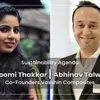From starting a business in the late 40s to uplifting nano-entrepreneurs – the top Social Stories of the week
This week, SocialStory witnessed a slew of uplifting stories, where three friends are tackling the issue of single-use plastic and also discussed the importance of a hybrid education model.
Nalini Nagappa Shetty, an areca nut farmer from Karnataka, turned into an entrepreneur in her late 40s, showing it's never too late to start a venture.
Udhyam Vyapaar works with nano-entrepreneurs to maximise human potential, create an entrepreneurial mindset, and empower them with interventions and products to scale their business.
Horrified by the large number of toothbrushes scattered around the city post the Chennai floods, three friends — Karthick Solai KS, Arjun T, and Harrish Kandan – started Terra to produce sustainable goods.
This week, SocialStory also discussed the hybrid education model – boon or bane — with several teachers and students.
Here are the top Social Stories of the week:
This farmer-turned-entrepreneur from Uttara Kannada shows it’s never too late to start a business
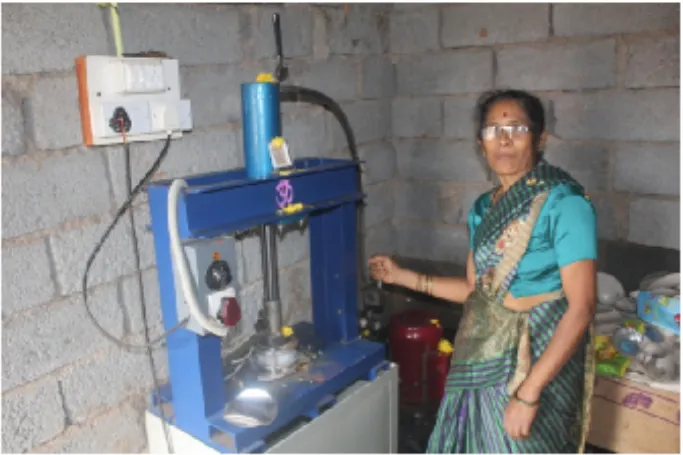
Nalini Nagappa Shetty and her family have been cultivating areca nuts for generations. The 51-year-old resident of Udyama Nagar lives with her husband, two daughters, and a son.
When her husband fell ill, she became the sole breadwinner for the family and was working in the fields. However, the money she made harvesting areca nuts was not enough to sustain the family, and Nalini decided that she had to take a new approach to boost her income.
She joined a self-help group called Supriya in 2016, which was conducting an entrepreneurship programme promoted by an NGO called Manuvikasa. The NGO empowers women through various programmes for a sustainable livelihood. During the training, the women were taught how to start their own business and make it financially viable.
Moneylenders take advantage of us knowing the police won't help

My name is Pitta Rajani, and I am 28 years old. I live with my family in Kandriga village in Andhra Pradesh’s Vijayawada district. We face frequent financial struggles, and I was doing sex work to help support my family. My husband’s job as a daily wage worker was also not bringing in enough money. Once the pandemic started, things went from bad to worse, and we both lost our earnings.
During the lockdown, I had no work, and I was forced to take a loan to make ends meet. I approached a private money lender named Soubhagya* and took a loan of Rs 20,000 from her. She realised how desperate our situation was and demanded an interest of Rs 10 per Rs 100. We had no choice so we agreed.
Read on about Rajani’s story.
Is the hybrid model of education here to stay?
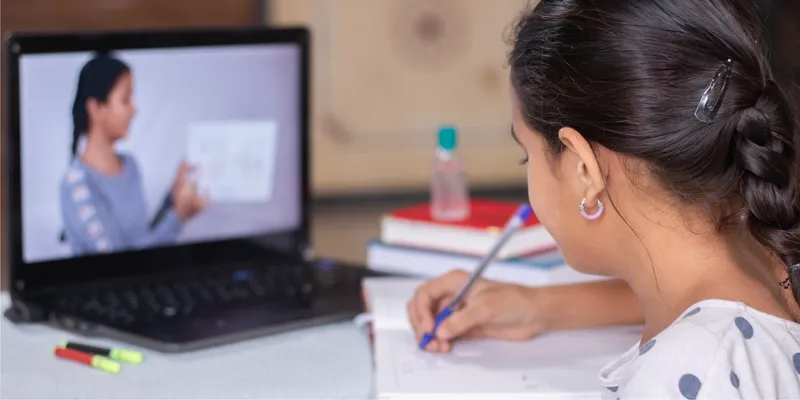
Hybrid education is a combination of in-person or offline learning and virtual or online learning methods. In this model, online resources replace certain portions of the syllabus that would otherwise have been taught in the classroom.
The model — while still in its early days of implementation — has proved to have several benefits, the biggest of which is flexibility. Without the constraints of a single classroom, there is significant potential to rethink how a course is taught, how students access study material, and interact with instructors and other learners.
Among the main challenges to adapting to the hybrid model will be ensuring equal engagement and collaboration. With half the students studying online and the other half are studying in the classroom, coordination can be difficult.
Here’s what teachers and students have to say about the hybrid model of education.
This eco-friendly Chennai startup sells over 1 lakh bamboo toothbrushes in a quarter
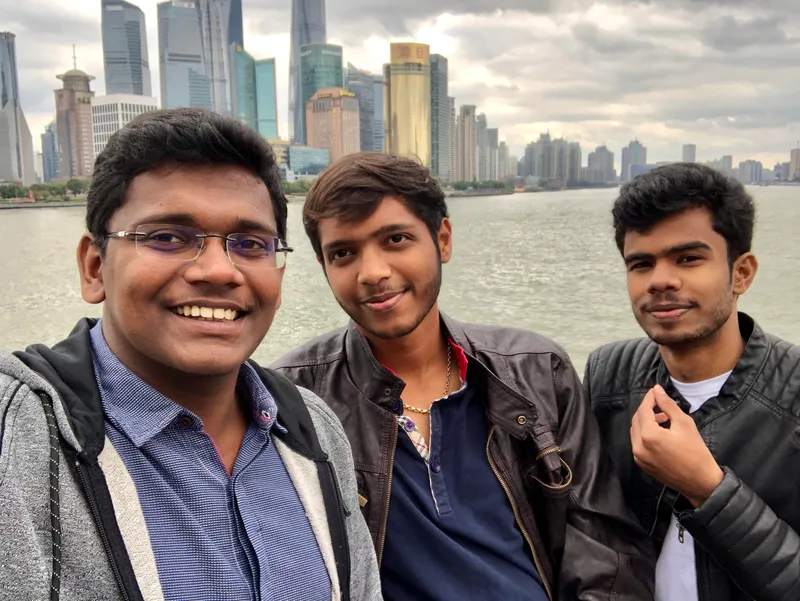
Co-founders Harrish Kandan, Arjun T, and Kathick Solai
Karthick Solai KS, Arjun T, and Harrish Kandan — alumni of Loyola College, Chennai — had dreams of making big money. They then wanted to start a business together that could help them earn millions of dollars in the future.
However, during the tragic Chennai floods in 2015, things changed for them. People lost their homes, and many were completely flooded. While helping clean the city, they saw a whole load of waste — single-use plastic bags, plastic bottles and cups, and most importantly, toothbrushes.
The friends decided to tackle this problem through their venture Terrabrush, which they started in 2018. To begin with, they started selling bamboo toothbrushes. Terrabrush, now called Terra, is an eco-friendly startup that showcases and sells a range of sustainable products, which can be reused and recycled.
This NGO is helping uplift local nano-entrepreneurs using mentorship and training
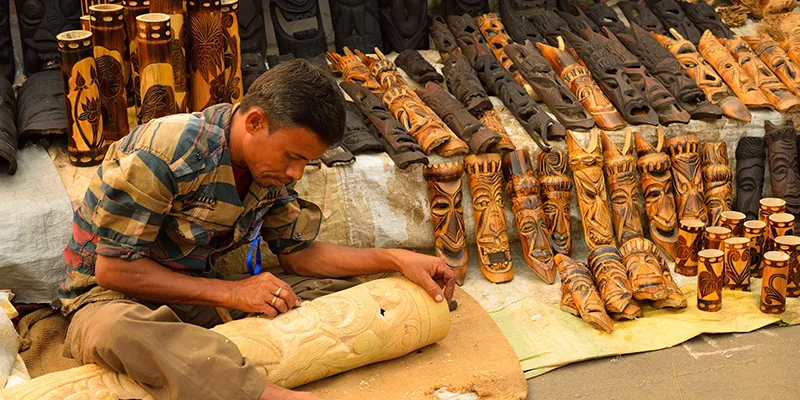
Representational Image
Udhyam Vyapaar is an NGO and community welfare arm of the Udhyam Learning Foundation, which works with nano-entrepreneurs or ‘vyapaaris’ to maximise human potential, create an entrepreneurial mindset, and empower them with interventions and products to scale their business.
They also help them sustainably increase their earnings, and work across several states, including Delhi, Haryana, Kerala, Maharashtra, Assam, and others.
They believe that more often than not, it is a necessity that drives these micro-entrepreneurs, which gives them the perseverance and will to succeed.
Edited by Suman Singh


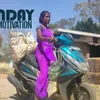
![[Survivor Series] Moneylenders take advantage of us knowing the police won't help](https://images.yourstory.com/cs/5/f5a7f3304b1211e9b6645b8ae897d03e/SS1-1613966025545.png?fm=png&auto=format&h=100&w=100&crop=entropy&fit=crop)

